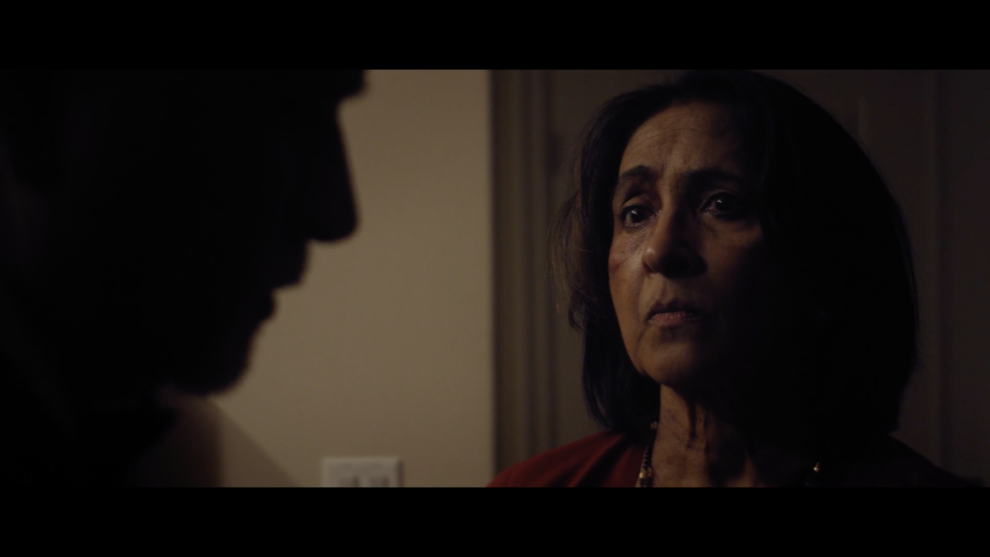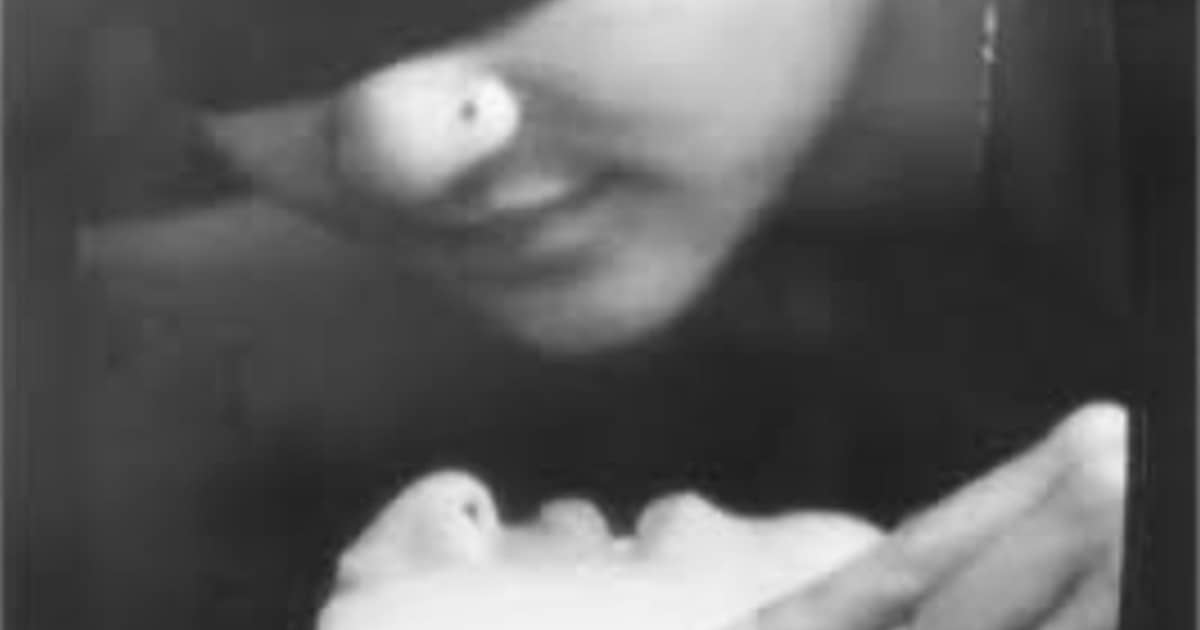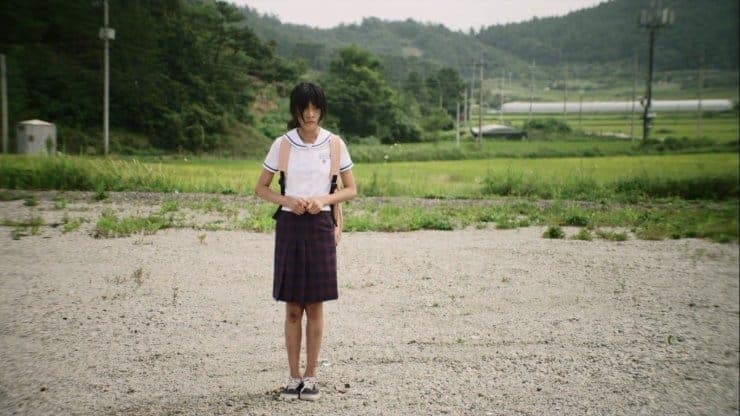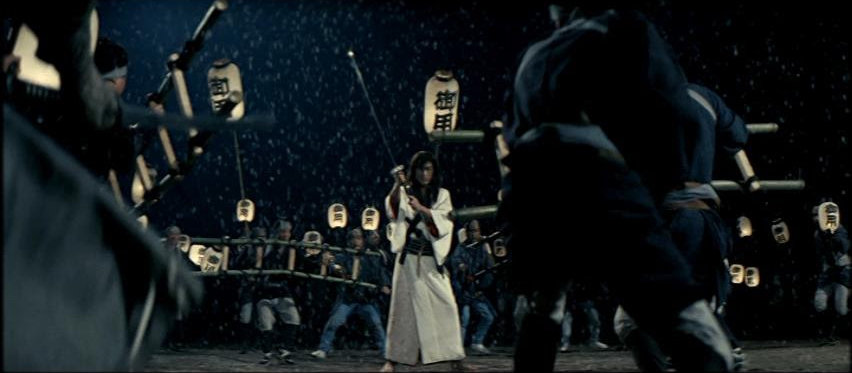An Indian American mother lives her life tending to an abusive husband who constantly demeans her. One day she hears about a friend facing loss, this friend also being an old fling from her teenage days. In secret, the mother sets up a Facebook account to reconnect with her teenage sweetheart. An act, that if found out, is certain to incite the wraith of her petty husband.
“Halwa” review is part of the Submit Your Film Initiative

Often unspoken, there is a general understanding that the system of arranged marriage is not without some faults on the humane level. Ultimately, love is not always something that can be forced and to do so can result in problematic relationships, a sentiment which can be more tragic when considering sexual orientation is even less justified in the process. Gayatri Bajpai & Nirav Bhakta's short film “Halwa” looks to explore this situation in presenting a tale focused around long lost love and a sense of duty to tradition.
What makes this exploration so well executed is the subtlety of the approach and tackling issues such as abuse. Undeniably, the woman becomes the subject of abuse through a passive aggressive bullying; forced to finish a tea she made incorrectly with salt instead of sugar, friends she keeps given belittling comments, or aggressive signs of ownership through unwanted touch. The woman's plight is awful, but in the face of not actually being abused she maintains the role of family peacekeeper in enduring hardships for her duty to her heritage and children. The importance of the marriage is still apparent, even as abusive as it may be, the mother does not speak ill of her abusive husband. While certainly tragic, it does make her appear less as a victim and more as someone who has gained strength through perseverance.
This could not have been pulled off it was not for the performance of Vee Kumari, who is able to embody both the fear and anxiety of her character, along with her willingness to perform her role as wife and mother. This really comes across in the minor interactions of online chat where you can see the excitement and fear of getting messages that would only come to someone so far removed from the social landscape. Like a grandparent learning social media, it is both endearing and a bit awkward.
The only shortfall of the production is that it does tackle a bit too much in subject matter, as the abusive husband's anger plays of equal importance as exploring the woman's sexual orientation. Even within a healthy relationship between a man and a woman, suppressed desires could just as easily transform into a tragic tale of forced servitude to someone they don't actually love. Consequently, tackling both the issue of abuse and subversion of sexuality within the arranged marriage system feels a bit excessive in both issues worthy of further discussion in their own right.
The rest of the short film is serviceable, with nothing in the sound design or cinematography standing out. Undeniably, cinematographer David Kirkeby has a good eye for how to best capture the emotional reaction of his subjects, as well as framing and blocking of his subjects. This can be seen in scenes where the overbearing husband dominates the space making him appear larger and more aggressive than his wife. Overall, the visuals are not heavily stylized, but with the subject matter are not really required to do anything but keep focus on the struggles of its subjects, this is not a deterrent.
“Halwa” brilliantly explores complex issues with grace, humbly asking for your empathy for the many that live silent struggles. Backed by a wonderful performance, the short film is as engaging as it is poignant. Simply put, It should not be missed.















